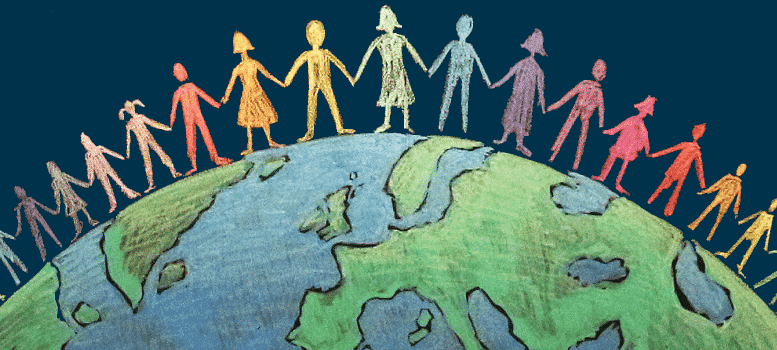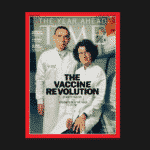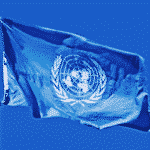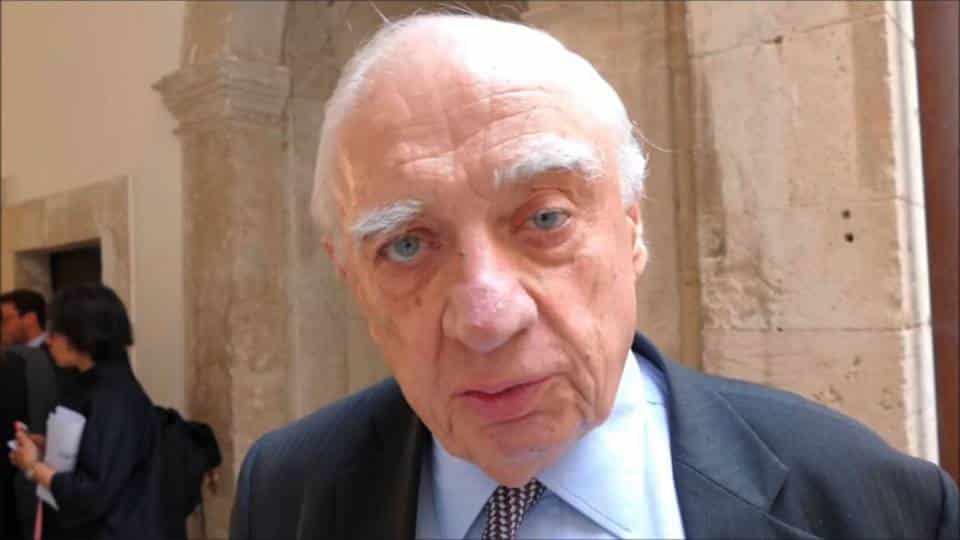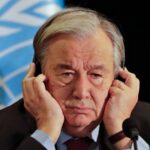|
Getting your Trinity Audio player ready... |
Download this post...At the opening ceremony, United Nations Secretary-General Ban Ki-moon highlighted that the contribution of NGOs, academia and youth will be key to achieving the SDGs, for without the participation of NGOs and civil society groups, no initiative, however visionary, can be fully achieved. “I am such a strong believer in NGOs, I constantly...

